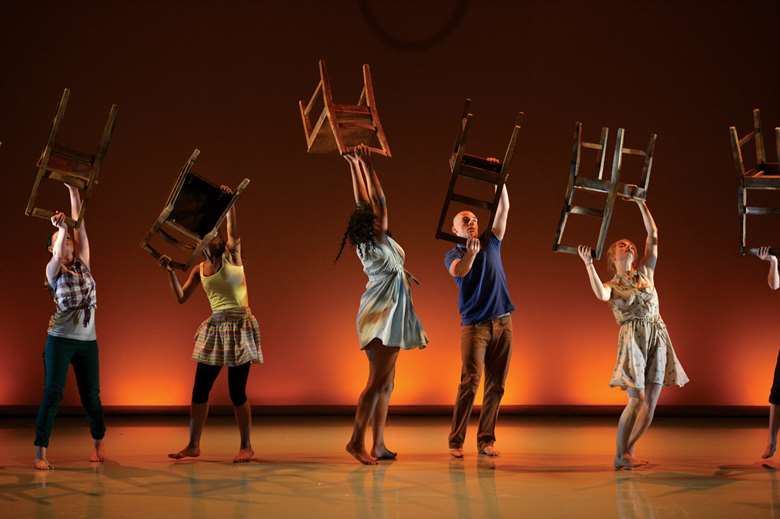How dance inspires disengaged teens
Emily Rogers
Monday, April 27, 2015
Keighley project helps disengaged or socially excluded teenagers get their lives back on track.

PROJECT
Dance United Yorkshire - Keighley Project
PURPOSE
To help disengaged or socially-excluded teenagers get their lives back on track
FUNDING
Around £25,000 for a five-week programme, mainly funded by the Arts Council and Bradford's Families First scheme
BACKGROUND
Dance United Yorkshire started running dance programmes for disengaged teenagers across West Yorkshire in 2011 including in Keighley. The project evolved from a similar dance scheme called The Academy, which worked with young offenders in Bradford and achieved excellent results.
ACTION
Most referrals to the Keighley scheme come from the Three Valleys Behaviour and Attendance Collaborative, a consortium of schools tackling pupil disengagement.
The group provides a list of 13- to 16-year-olds not engaging with school and the co-ordinator visits them and their families to explain the main programme.
"We're not banging the door down and having a go about something," says artistic director Helen Linsell. "We're coming with something new on the table and showing we really want to invest in their young person."
The five-week programme runs daily from 10 until three at a youth centre. The first week includes taster dance sessions. In the following weeks, they learn short dance sequences which are gradually pieced together, culminating in a final performance for the public.
"We create a dance piece to cater for every ability, so if someone walks in with two left feet, we can still get them on stage," says Linsell.
OUTCOME
Seventeen of the 18 young people who attended the introductory talk for the last project in Keighley took part in last month's final performance. All achieved a Bronze Arts Award.
The Academy programme, which inspired this work showed how such schemes can change young lives. Eighty per cent of 51 participants were in education, employment or training when they were tracked three to 12 months after finishing.
An evaluation of The Academy's first two years from 2006 to 2008, by Dr Andrew Miles at Manchester University's Centre for Research on Socio-Cultural Change, shows less than one-third of participants attending for at least three weeks had reoffended by June 2008. This compared with a local reoffending rate of 70 per cent for those on community sentences and 50 per cent for less serious offenders.
If you think your project is worthy of inclusion, email supporting data to derren.hayes@markallengroup.com




